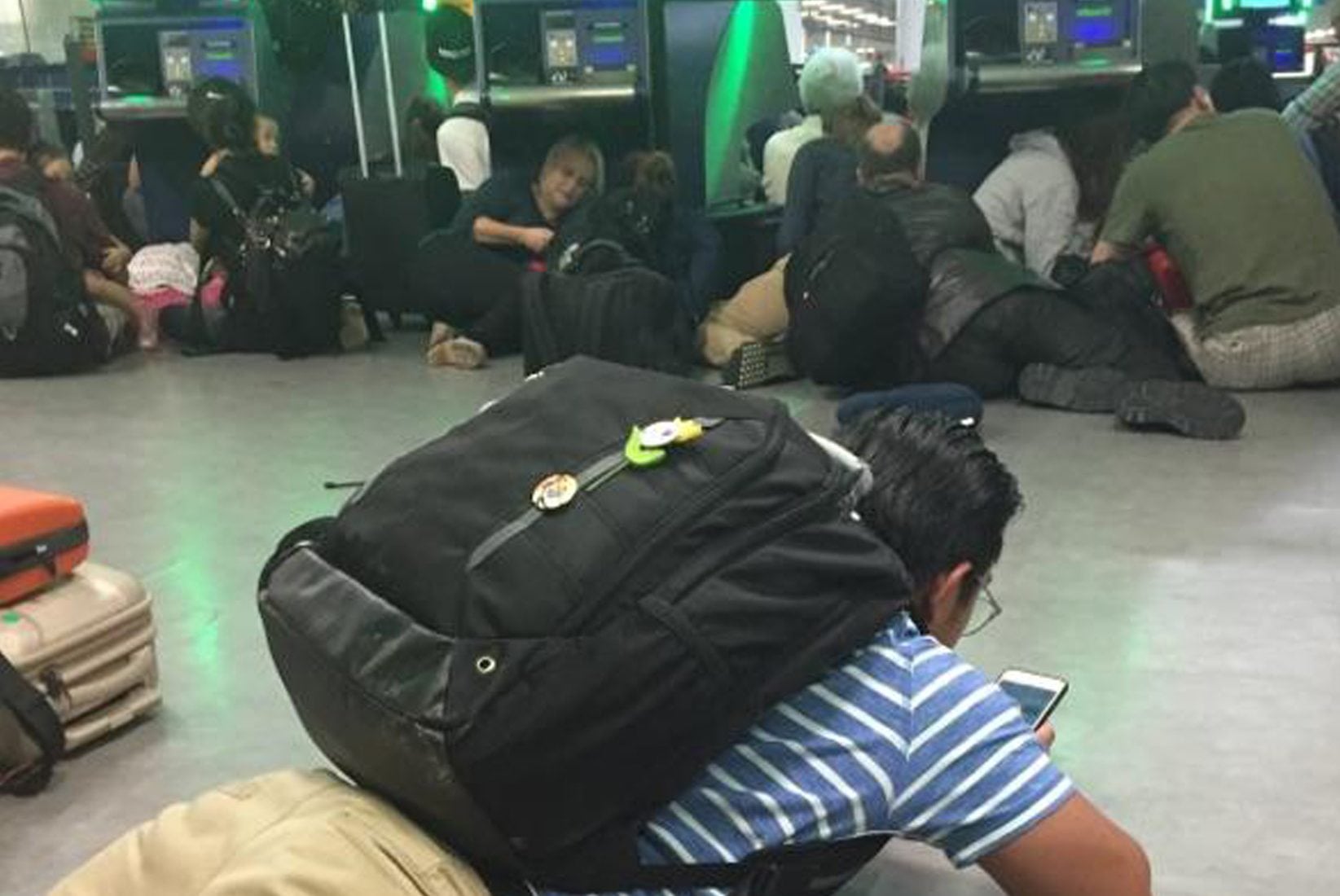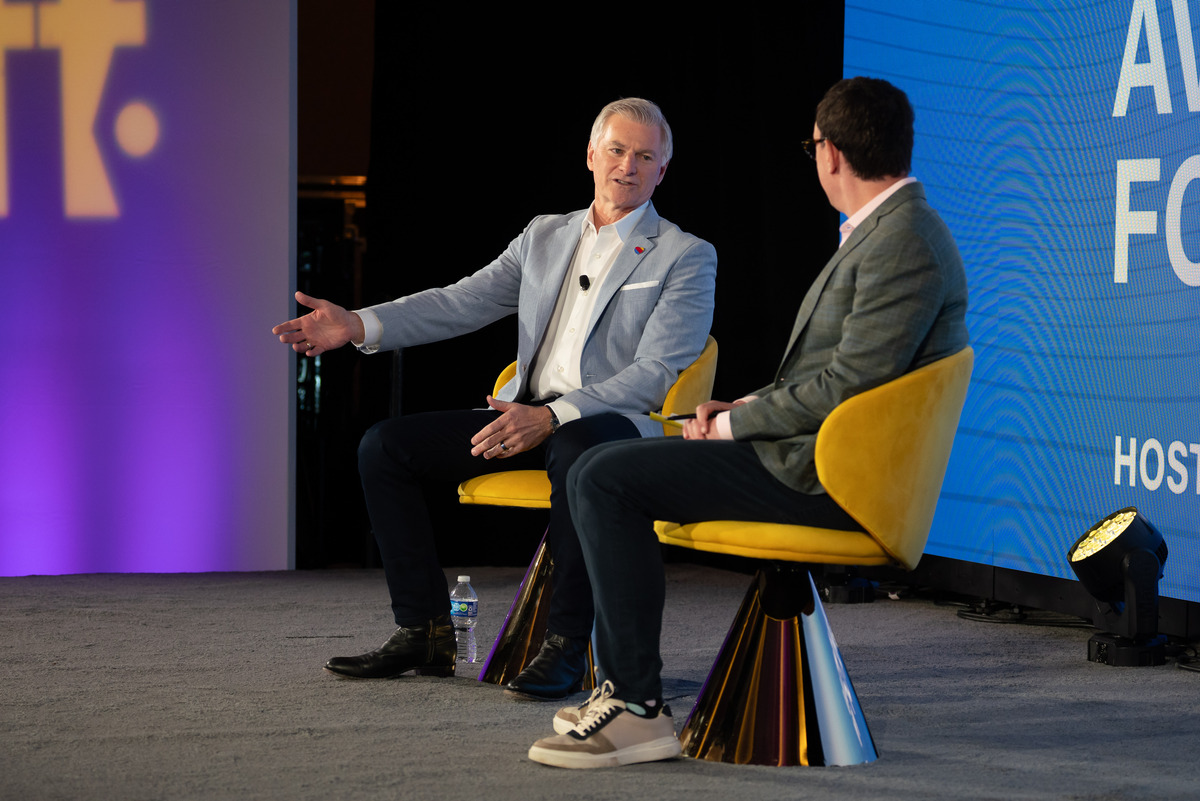New York and Los Angeles Airport Scares Highlight TSA's Failures

Skift Take
While recently starting a trip to Hong Kong, I witnessed two TSA officers yelling at an elderly Japanese couple.
It was clear that English was not the husband's first language, and he was moving slowly. There wasn't much of a line, and there was no real need for urgency at six in the morning.
However the TSA officer was sharking on him like a Marine Corps Drill Instructor on the yellow footprints at the Recruit Depot at Parris Island. It was out of line.
When it was my turn to go through the detector, I suggested it wasn't appropriate to be yelling at an elderly couple who obviously weren't speaking English well.
The other screener menacingly yelled at me:
"No one's yelling at anyone ... yet."
I grinned it off, knowing there was no winning this argument. I stepped into the lounge, seething at how a tourist was being treated. I marched back out to the TSA supervisor and asked that they review the surveillance tape of the interaction. The supervisor was concerned at my recounting of the incident, agreed to review it, and hopefully there was some recourse. No follow-up loop to track.
I share this anecdote for an important reason: This is a recurring theme with the TSA. Screeners are able to play tough guy and yell at the traveling public. Not too difficult. But when it comes to the sincerely difficult, sometimes chaotic, and challenging parts of their jobs, they are failing miserably.
This is perfectly illustrated by two major incidents at U.S. airport in the last two weeks.
Back in mid-August, New York's JFK airport had an active shooter scare that veered out of control for about an hour and a half. And contrary to most media reports of "nothing to see here" it was absolutely terrifying and chaotic. Two friends of mine were on the scene and documented the pandemonium.
In a piece entitled Terrorizing Ourselves, Marcela Sapone outlines the panic at Terminal 1:
It was a stampede of people. It was like the terminal had been lifted vertically and people were falling like checkers on a Connect Four board, slamming into a pile at the exits.
Brandon Webb, a friend and former Navy Seal who was arriving from a flight from Germany, recounted a uniformed officer saying: "Run for your lives! There's an active shooter!" He later escaped by throwing a jacket over a barbed wire fence, helping a fellow passenger escape in the process and texting with Marcela with advice on where to go and what to do.
According to a scathing piece by the New York Times editorial board: "Officials were slow to respond and seemed confused or even ignorant of security protocols, and there were reports of T.S.A. agents abandoning their posts."
Webb later mentioned to me in a DM that he estimated 25-40 people may have gotten through customs unchecked in the chaos.
So, not exactly a prepared response for what is a real threat given what has recently happened at Ataturk airport in Turkey with 42 dead and 230 hurt.
There was no evidence of any protocol at all. Stampedes, chaos, misinformation, and an inept response. An eerily similar thing happened at LAX just last week with 23 flights diverted and stampedes on the ground.
It would be frustrating if it ended there, but it doesn't. The TSA consistently fails to find weapons and bombs being smuggled by undercover operatives posing as airline passengers. 95 percent of them during the last study.
DHS Inspector General John Roth didn't identify the airports when he detailed the "disturbing and troubling" findings during testimony before the House Committee on Oversight and Government Reform. But the New York Post cited multiple sources stating they include both Kennedy and Newark.
Combined with these airport responses, it adds insult to injury. And in today's security environment, could lead to disaster. Governor Cuomo and Senator Schumer have both called for inquiries into the JFK response. Everyone should watch this closely and not let it evaporate into the ether.
It's easy to yell at people going through security; it is harder to bring your training — under stress — to professionally protect people during times of chaos. And it was clear in this incident, the TSA — and other airport authorities — were far from being up to the job.





